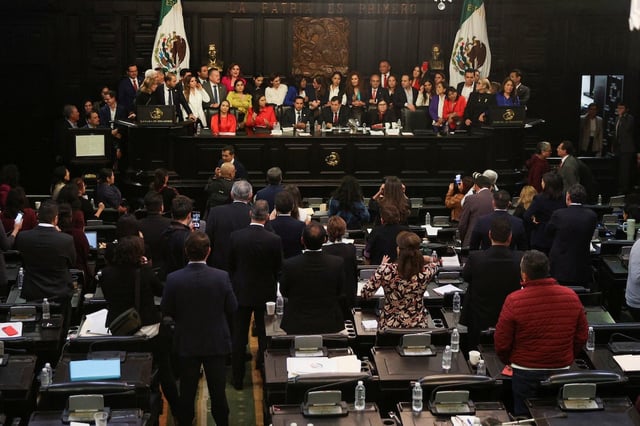Overview
- Mexico's Senate has narrowly passed a sweeping judicial reform that will require judges to be elected rather than appointed.
- The reform, championed by President Andrés Manuel López Obrador, aims to address corruption but has sparked significant protests and resistance.
- If approved by state legislatures, the measure will remove 7,000 judges from their positions and allow voters to elect new judges starting next year.
- Critics argue that the reform will politicize the judiciary and undermine the rule of law, with concerns echoed by judicial workers, law experts, and opposition legislators.
- The reform has caused diplomatic tensions with the US and Canada and has divided public opinion, with polls showing mixed awareness and support among Mexicans.



